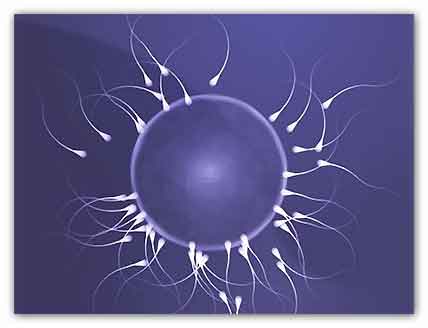|
To evaluate the association between environmental
exposure to parabens and semen quality parameters
urine samples were collected from 315 men who
attended the infertility clinic for diagnostic
purposes.

Parabens and other so-called hormone disruptors may
have developmental, reproductive, neurological and
immune-system side effects, and they may be found in
pharmaceuticals, cosmetics, pesticides, plastics,
detergents, food, toys, and flame retardants,
according to the U.S. National Institutes of Health.
Parabens are widely used preservatives in cosmetic
products, including soaps, creams and makeup.
The most common parabens in cosmetics are
methylparaben, propylparaben and butylparaben.
Typically, several parabens are used in combination
to increase their effectiveness.
Parabens are also so ubiquitous that theyíre hard to
avoid.
Urinary parabens concentrations were significantly
associated with an increase in the percentage of
sperm with abnormal morphology, in sperm with high
DNA stainability and a decrease in the percentage of
motility and testosterone level.
Higher levels of parabens in the urine were also
associated with DNA damage in the sperm and whatís
known as decreased motility, or slower moving sperm
that may contribute to infertility by being unable
to travel far enough to reach an egg.
The current study found one chemical in particular,
butyl paraben, associated with an increase in the
percentage of sperm with an abnormal size and shape
as well as a decrease in sperm motility.
Another chemical, ethyl paraben, was associated only
with sperm of atypical size and shape.
Because the men all joined the study after visiting
a fertility clinic, itís also possible the results
might not apply to other men.
Scientists donít know exactly what amount of
parabens might be harmful or exactly how they work
in the human body to damage fertility.
Some parabens are banned from cosmetics in the
European Union, but the U.S. Food and Drug
Administration has not limited use of the
ingredients.
See also
Updated - Pesticide in food: residue adherence rates
above 97% but mixtures of pollutants may have
long-term health consequences (2014-05-29)
Link...
For more information
Human Semen Quality, Sperm DNA Damage, and the Level
of Reproductive Hormones in Relation to Urinary
Concentrations of Parabens
Journal of Occupational and Environmental Medicine
Link...
MDN |